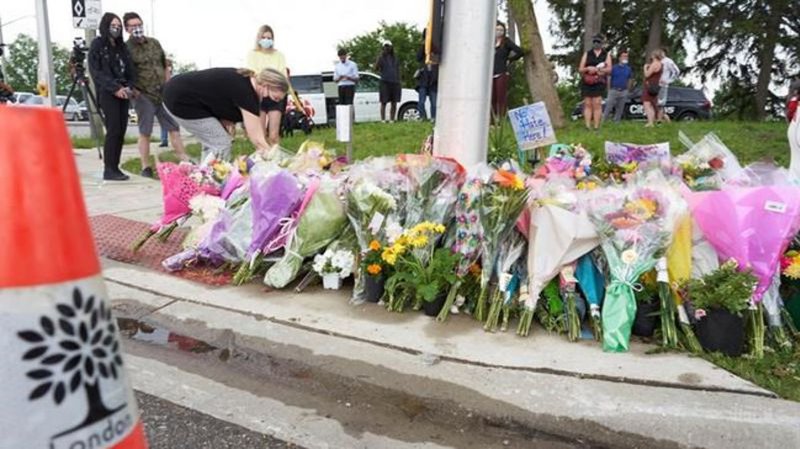
“I just had to try to help,” says nurse who tried to save victims of London attack
Miranda Campbell and her family were driving home Sunday night when they pulled up to a line of cars stopped at a green light.
Drivers were coming out of their vehicles, talking on their cellphones.
Maybe it’s a car crash, she thought, but there weren’t any damaged vehicles.
Then she saw the injured on the ground.
